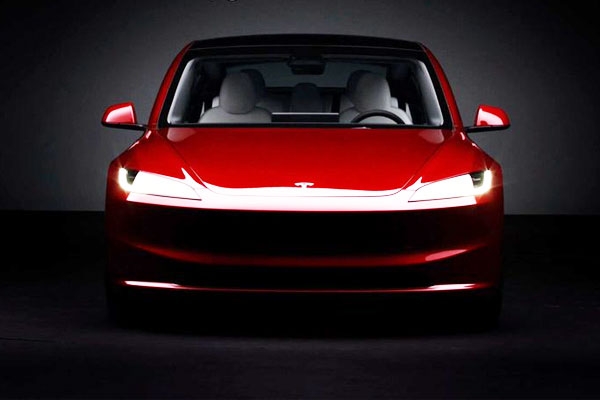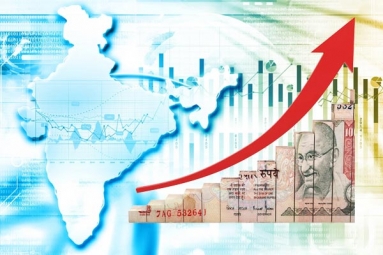
(Image source from: Twitter.com/Tesla)
Tesla, under the leadership of Elon Musk, is preparing to make its debut in India. A recent CLSA report, a global capital markets firm, indicated that even with import duties reduced to less than 20 percent, the most affordable Tesla model will likely be priced between Rs 35 lakh and Rs 40 lakh. Currently, the least expensive Model 3 available in the United States is priced around USD 35,000, which translates to roughly Rs 30.4 lakh before any additional expenses. With anticipated import duty cuts to between 15 and 20 percent, and factoring in road tax and insurance, the on-road price in India could reach about USD 40,000, equivalent to approximately Rs 35 lakh to Rs 40 lakh. The report stated, "Tesla's lowest-priced Model 3 in the US is about USD 35,000. With tariffs reduced to around 15-20 percent in India, taking into account road taxes, insurance, and other fees, the on-road price would be around USD 40,000, or roughly Rs 3.5-4 million." If Tesla sets the Model 3 at a price point 20 to 50 percent higher than local electric vehicle models such as the Mahindra XEV 9e, Hyundai e-Creta, and Maruti Suzuki e-Vitara, it is unlikely that the company will greatly disrupt the Indian electric vehicle market.
Even with the potential introduction of a budget-friendly model priced below Rs 25 lakh on the road, which could capture some market share, the report suggests that the recent drop in Mahindra & Mahindra's stock prices is already reflecting this possibility. However, it notes that Tesla's entry will likely not significantly affect major Indian automakers, as the penetration rates of electric vehicles in India are still lower than in countries like China, Europe, and the United States. In the upcoming months, Tesla plans to unveil its models in cities like Delhi and Mumbai. The company has officially initiated its hiring process in India, a pivotal move toward its long-awaited local launch. On February 18, Tesla advertised a job vacancy on LinkedIn for a Consumer Engagement Manager position in the Mumbai Metropolitan Region. Furthermore, the report emphasizes that Tesla will need to establish a manufacturing plant in India to enhance affordability and scale operations, despite the decrease in import duties.
The report elaborated that according to India's electric vehicle policy, Tesla could take advantage of a reduced import duty of 15 percent on up to 8,000 units annually, provided it invests over Rs 4150 crore in building a local facility. A comparison was made with the Indian motorcycle sector, highlighting that Harley-Davidson's X440, which is priced 20 percent higher than the Royal Enfield Classic 350, only manages to sell about 1,500 units monthly, while the Classic 350 has around 28,000 units sold each month. This illustrates that Indian consumers are very sensitive to pricing, posing challenges for Tesla to establish a presence unless it offers competitive prices. Ultimately, Tesla's success in the Indian market hinges on its willingness to invest significantly in local manufacturing. Even if import duties decrease, Tesla's vehicles might still be financially inaccessible for a large segment of Indian buyers.







